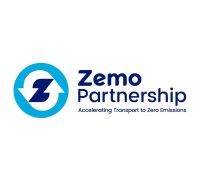- 00Days
- 00Hours
- 00Minutes
- 00Seconds
Why Attend
A remarkable hybrid event
Get free access to an incisive online conference hosted by experts sharing their work and perspectives, plus VIP access to events taking place in Parliament.
Inspiring Leaders
Hear from a range of actors deeply involved in net zero.
Parliament & Online
High-level in-person event in Parliament and an insightful online conference.
Insider Insights
Get the latest thinking on net zero and the energy transition.
Free to Attend
We believe those tackling climate change should be supported, not charged.
Net Zero Week
About the Event
Launched in 2001, Net Zero Week is the UK’s official national awareness week, backed by both government and industry. We deliver the biggest net zero conference, attracting over 3,000 online delegates each year. We also curate Net Zero Week in Parliament, enabling organisations to participate in content and networking events that bring together key figures from the net zero space, while also engaging with MPs from across the House of Commons.
FEATURED FORMER SPEAKERS
300+ speakers including

Charlotte Nicols
MP
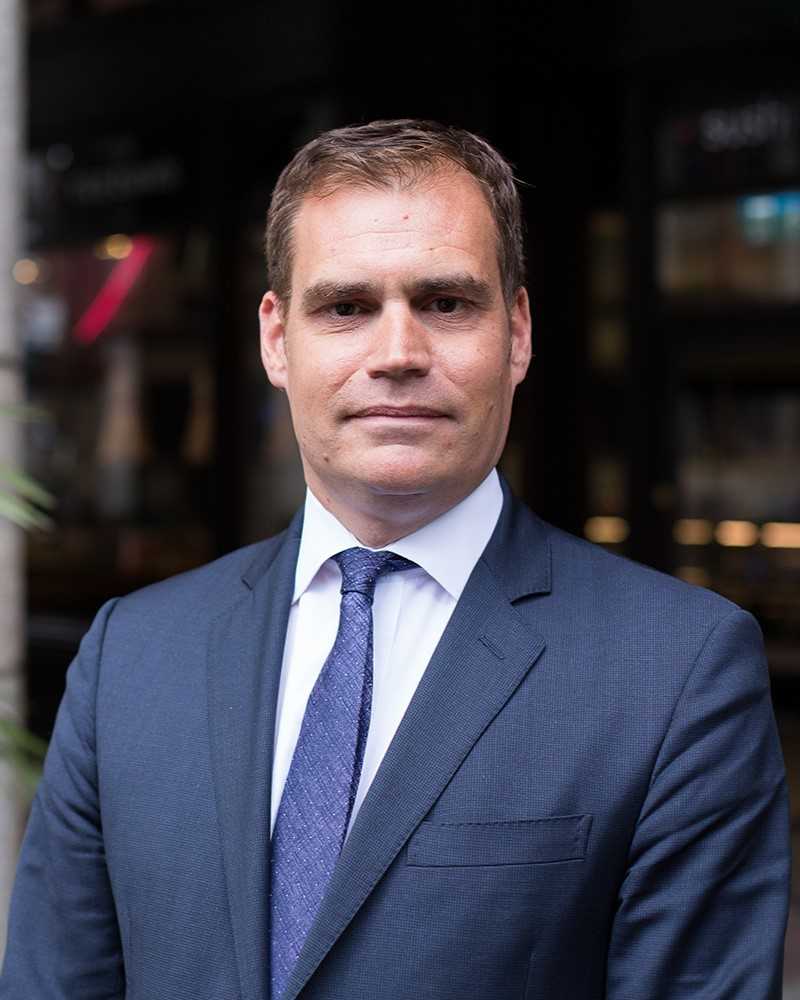
Tom Greatrex
Nuclear Industry Association

Dr Roger Barker
Institute of Directors

David Parkin
Progressive Energy

Jo Bagguley
North Sea Transition Authority
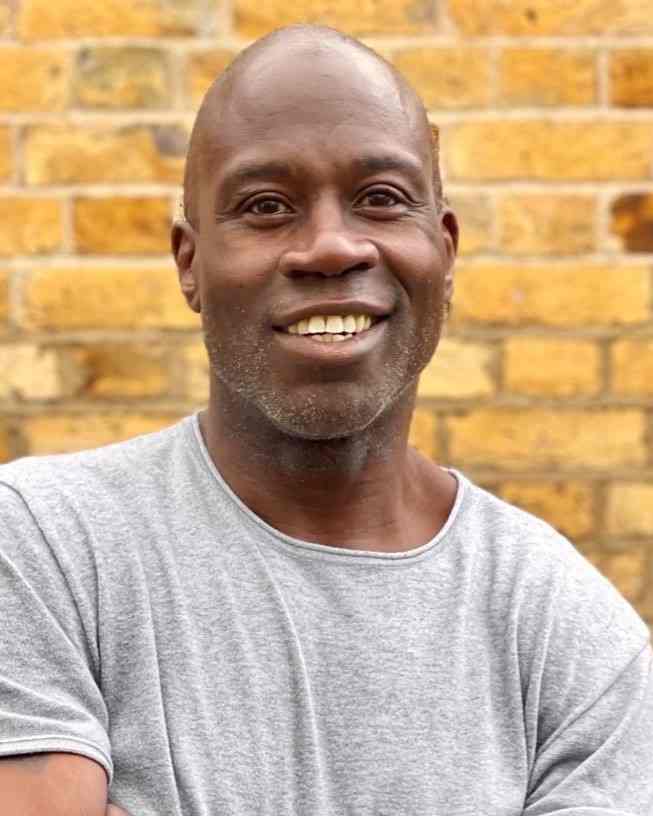
Martin Offiah
Connected Kerb

Sunil Shah
Acclaro Advisory
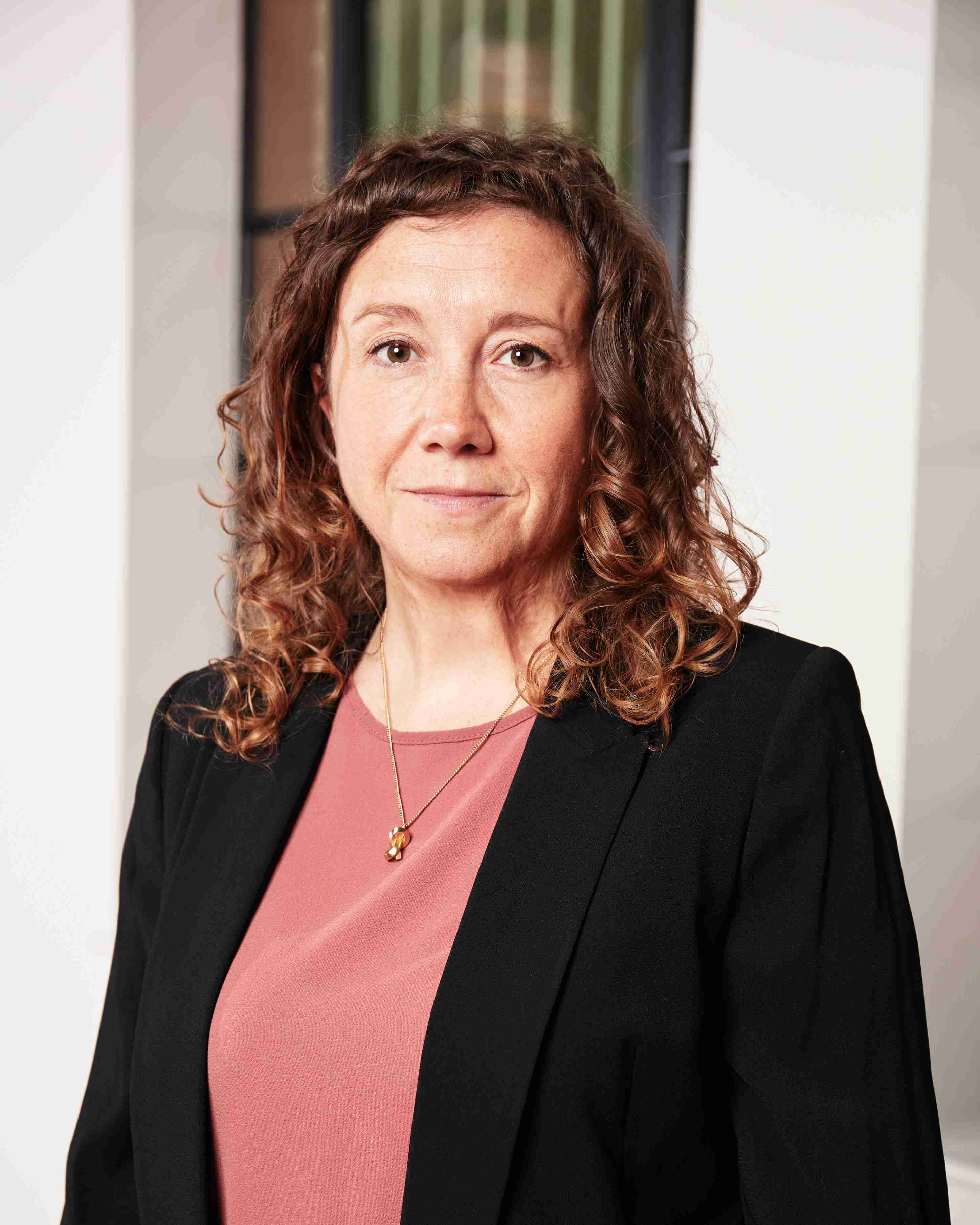
Anna Bright
Sustainability West Midlands

Yselkla Farmer
BEAMA

Alan James
Storegga

Rachel Maclean
MP

Dame Sue Ion
NSAN

Charlotte Bonner
EAUC

Nick King
Energy Research Accelerator

Olivia Powis
CCSA

Nick Primmer
Future Biogas
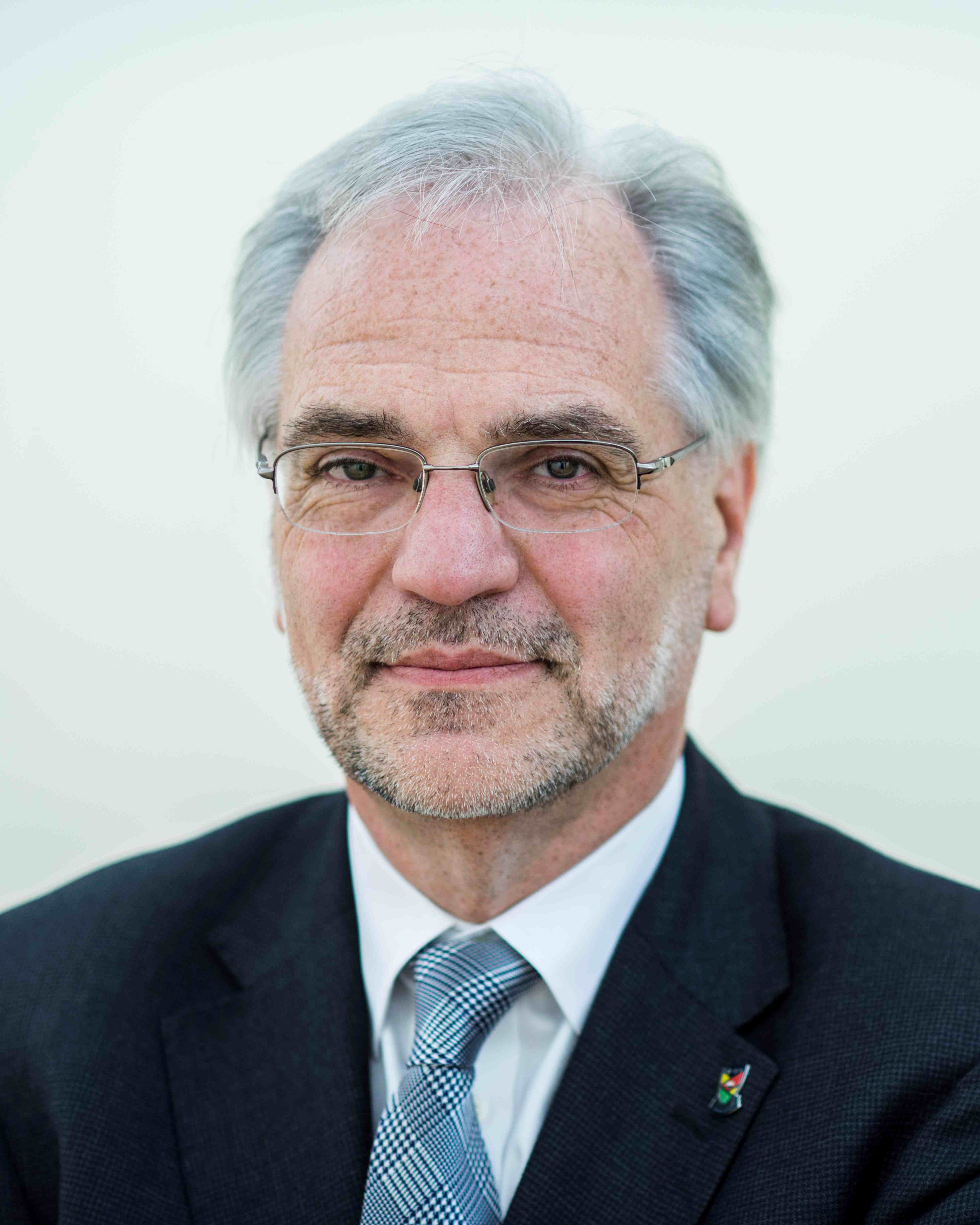
Trevor McMillan
Midlands Innovation
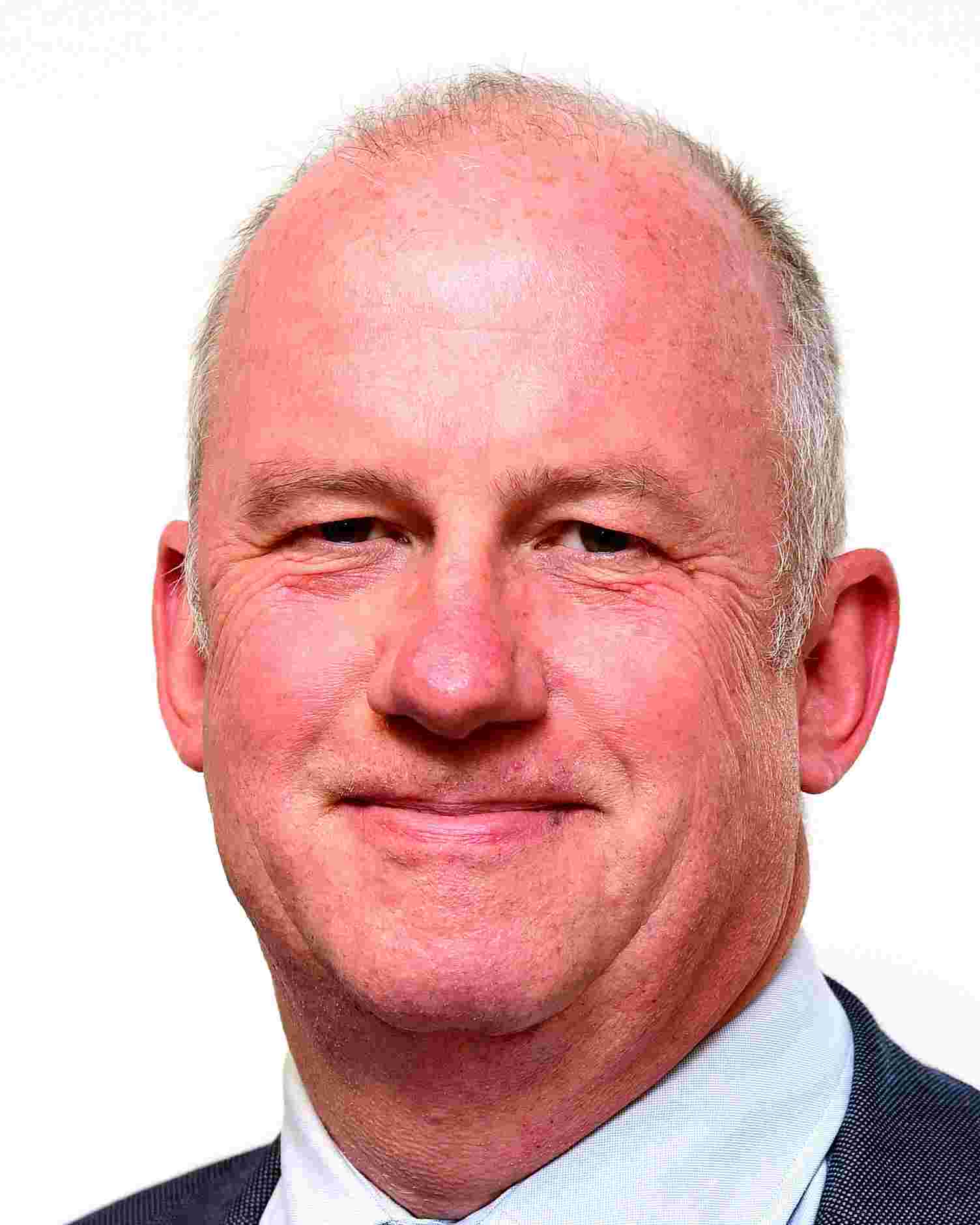
Phillip New
EV Energy Taskforce

Ruth Herbert
CCSA
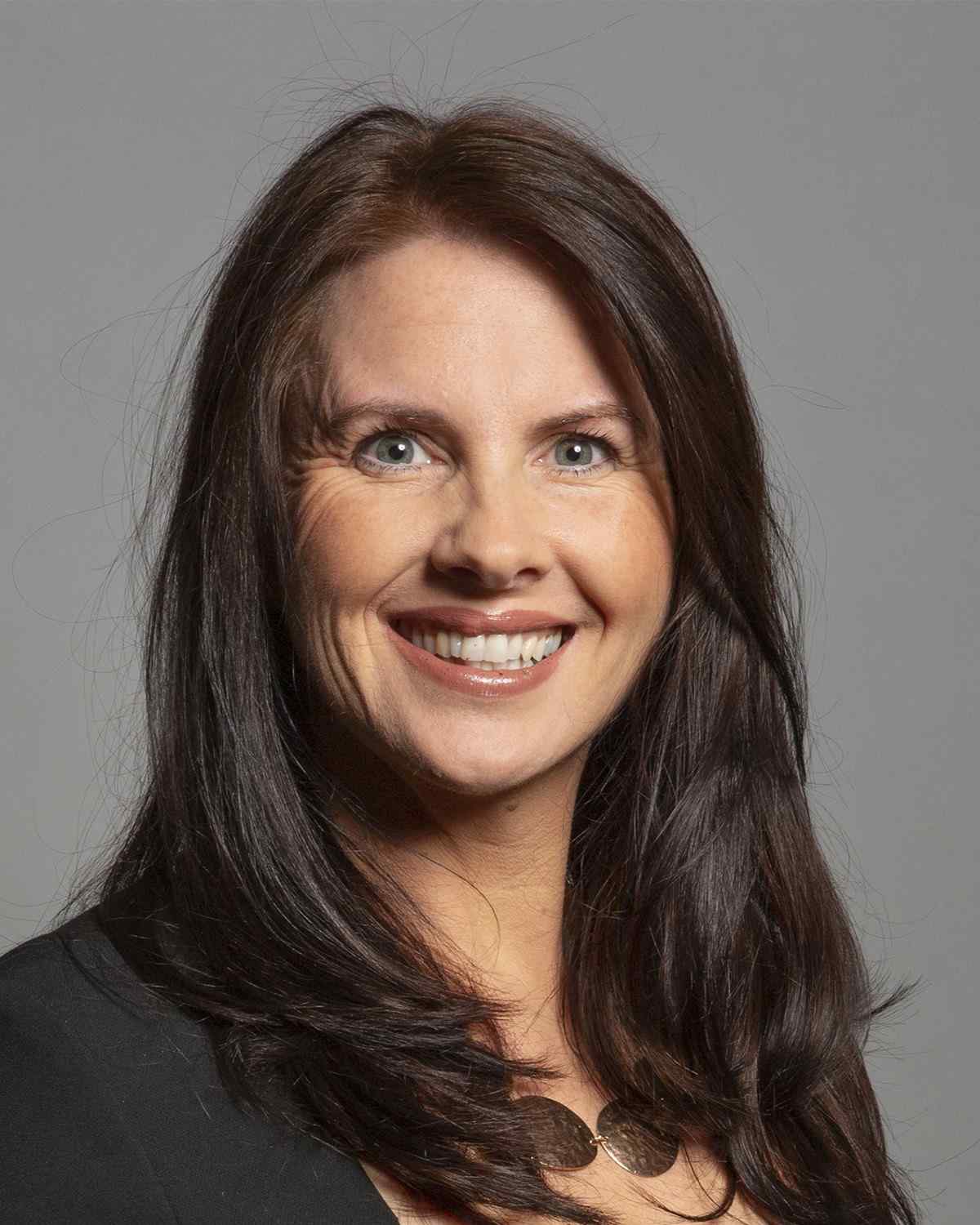
Trudy Harrison
MP

Adam Clarke
EDF
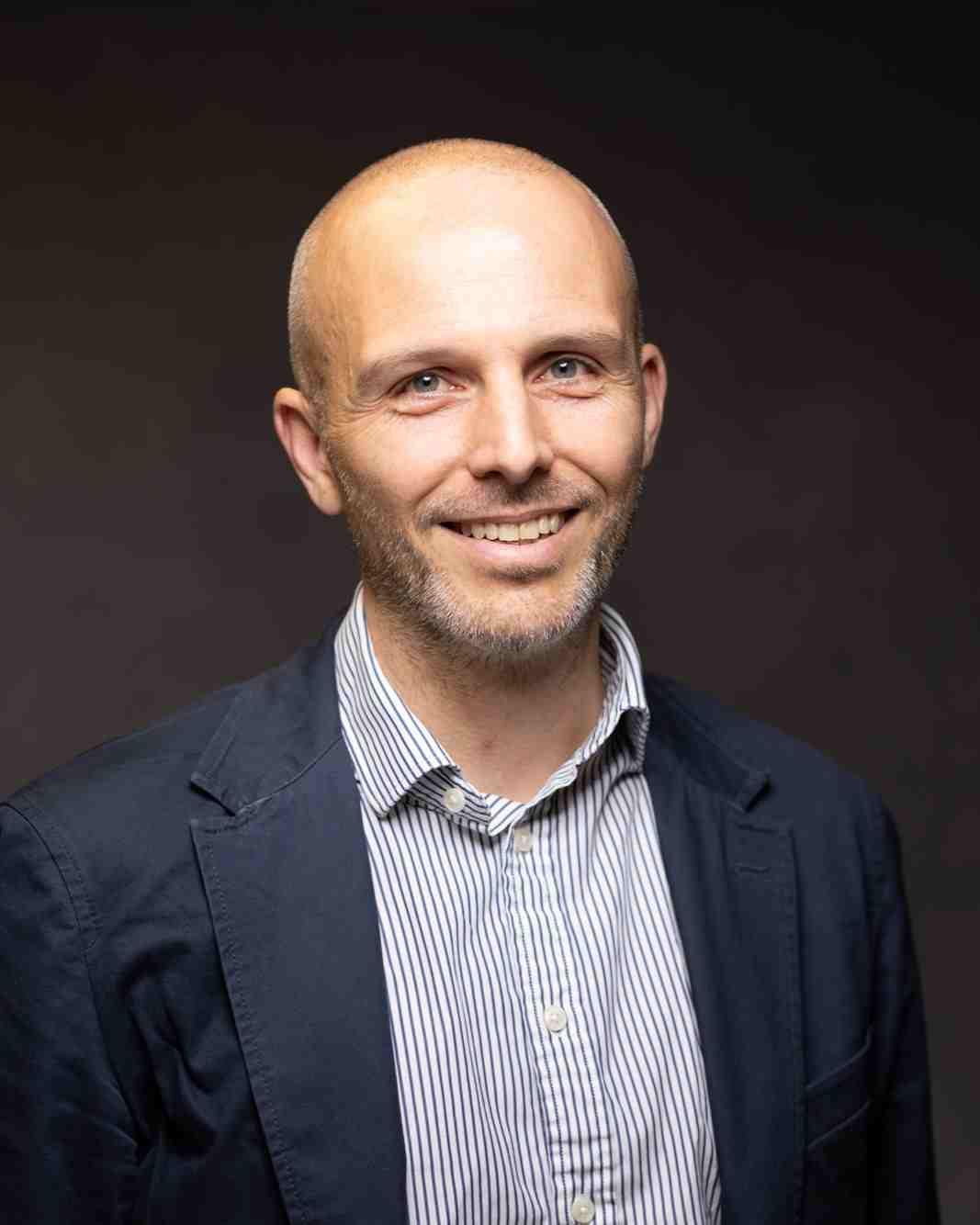
Dr Paul Nevitt
National Nuclear Laboratory

Julia Pyke
Sizewell C
John Lang
Net Zero Tracker

Alex Wardle
AkzoNobel

Stephen Stead
SSE

Fabrizio Palmucci
Climate Bonds Initiative
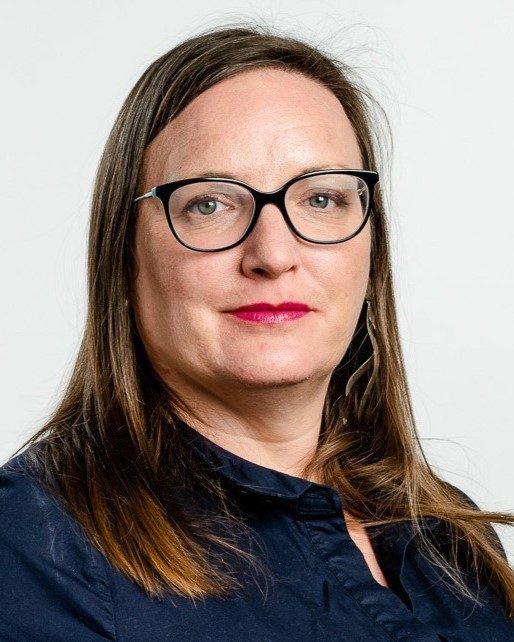
Alison Nicoll
BRE

Philip Sellwood CBE
Independent

Claire Haigh
Zemo Partnership

Dharel Patel
National Express
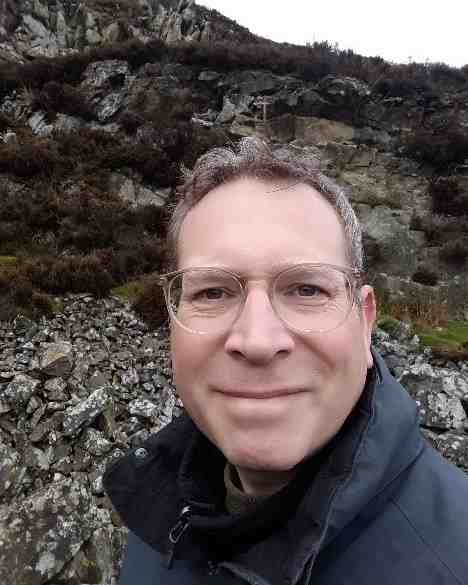
Ed Hough
British Geological Survey

Noora Al Amer
Global CCS Institute

Mat Colmer
UKRI
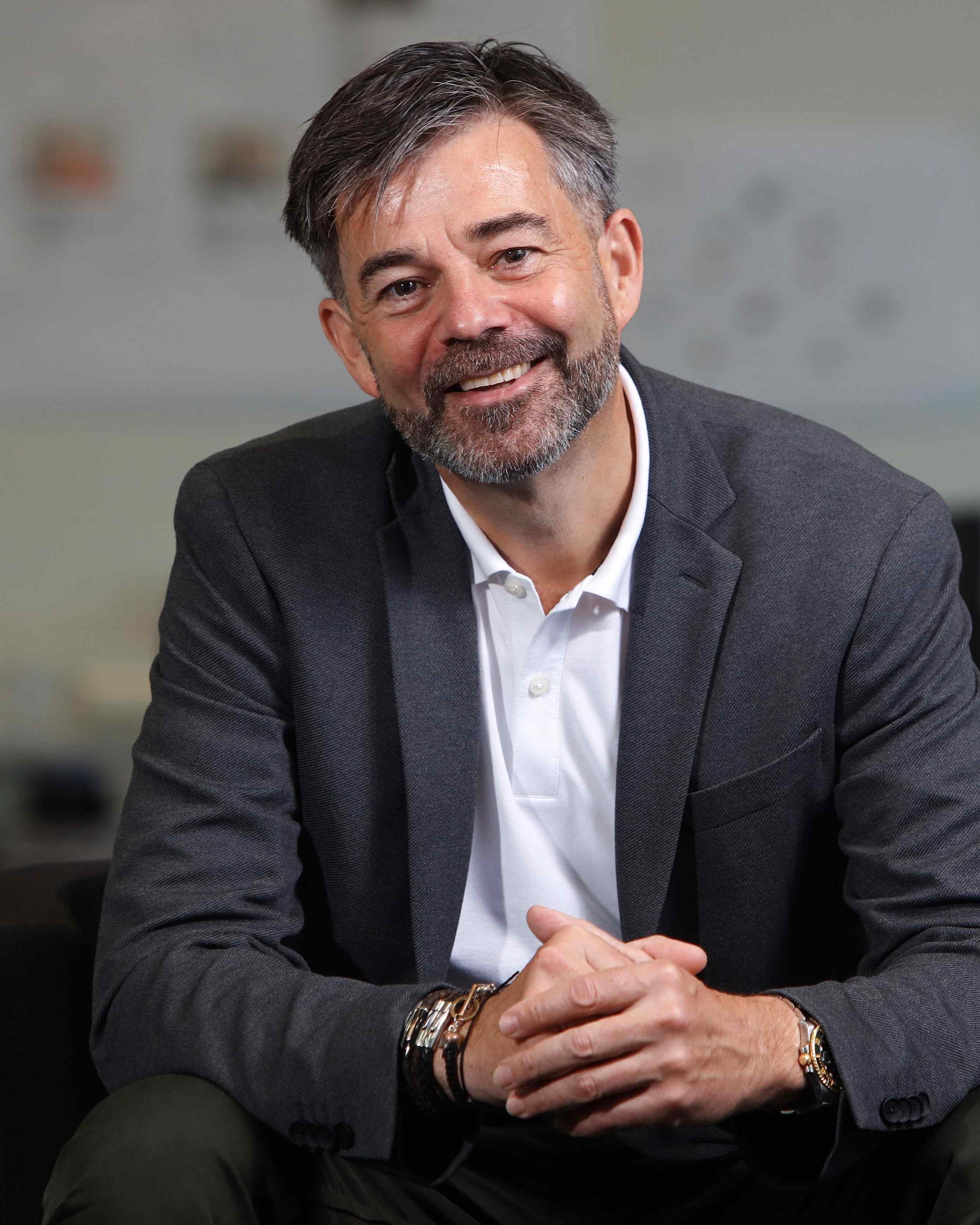
Richard Deakin
UKRI

Dai Richards
Hitachi Energy
2023 CONFERENCE DAYS
Event Agenda
- 09:30 - 10:30 BST
- LHC Procurement Group
- Live, Online + Delegate Q&A
Retrofit for Net Zero and Frameworks for Social Impact
Explore how retrofit can combat damp, mould, and energy inefficiency while advancing net zero goals. Rachael Owens examines how procurement strategies can provide impactful solutions—driving healthier homes and sustainable outcomes, with long-term value through investment in retrofit delivery. George Stevens discusses how procurement can drive net zero goals through frameworks, unlocking social value in decarbonisation and retrofitting, highlighting strategies and tools to embed sustainability and long-term community benefits into procurement practices across the built environment.
- 11:00 - 12:00 BST
- Beyondly
- Live, Online + Delegate Q&A
Roundtable: Why sustainability still drives value in an increasingly uncertain world.
Join us for an insightful roundtable webinar during Net Zero Week, where we will delve into the evolving landscape of sustainability in light of recent political developments. In 2025, we've witnessed a marked shift, with the European Union introducing omnibus proposals while the U.S. has scaled back its sustainability goals. This increased uncertainty poses challenges for businesses aiming to prioritise sustainability. Despite these challenges to strategy, investing in sustainability remains crucial. Our discussions will focus on why sustainable strategies, goals and metrics are essential for long-term growth and resilience. We will explore actionable initiatives related to energy, resources, and carbon management that can enhance value and drive positive change within your organisation. Join us to learn how to effectively embed sustainability into the core of your business strategy.
- 12:00 - 13:00 BST
- The Open University
- Live, Online + Delegate Q&A
Community Engagement and Net Zero.
Shaping sustainable futures requires collective action, innovative solutions, and a shared commitment to sustainability. This webinar focuses on the need for active engagement from all stakeholders, including private, public, and third sector organisations, as well as local communities in achieving net zero transition. By co-planning, co-designing, and co-delivering initiatives, we can achieve a successful transition to net zero. Involving community members in planning, decision-making, and implementation ensures greater success and long-lasting benefits for both people and the planet. Community engagement harnesses local knowledge, fosters collaboration, and drives impactful change. However, it also presents challenges. Our webinar brings together visionary experts who will discuss the role of community engagement in net zero transitions through innovative approaches for creating a sustainable future. Whether you are an experienced environmental advocate or just starting out, this webinar can offer valuable insights and actionable ideas to help you make a positive impact through community engagement in the net zero transition.
- 13:00 - 14:00 BST
- Energy & Climate Intelligence Unit
- Live, Online + Delegate Q&A
Invisible Hands: How Net Zero Plans Are Rewriting Trade Rules.
From clean industrial strategies to carbon border tariffs, climate policies are fast becoming the hidden drivers of global trade. This webinar explores how net zero plans in the UK, South Africa, and beyond are reshaping exports, jobs, and competitiveness. As carbon tariffs bite and clean tech booms, national climate ambition is now a trade imperative — not just an environmental one.
- 14:00 - 15:00 BST
- LHC Procurement Group
- Live, Online + Delegate Q&A
Building the Future: Addressing Skills Shortages and Certification Challenges in Construction
Join us for a webinar exploring the skills shortage in construction, with a focus on PAS2030 and MCS requirements. Chris will be diving into the need for individual certification and why upskilling is essential for delivering funded projects and how the complexity of accreditation is often underestimated. Chris will also be discussing how to attract new talent by showcasing the industry’s diverse, long-term career opportunities—critical to meeting today’s ambitious targets.
- 15:00 - 16:00 BST
- Steve Willis & Genevieve Hilton
- Live, Online + Delegate Q&A
Interest Piece | Can a good story help us envision a better future?
The news shows us a future of doom and gloom – and so does Hollywood. How can strategic use of popular film and fiction help us envision (and implement) a better version of the future? Steve Willis and Jan Lee, authors of Fairhaven – A Novel of Climate Optimism and Defying Futility will share details about how fiction can change the world, and how it can be put to practical use in innovation and climate action.
- 09:30 - 11:00 BST
- Railway Industry Association
- Live, Online + Delegate Q&A
Rail Decarbonisation Delivery Challenge
We’ll explore the Decarb Delivery Challenge and dive into insights from the Net Zero, High Performing report. Discover how leading organisations are driving carbon reduction across transport operations while maintaining performance. Learn from the latest data, real-world strategies, and innovations shaping the future of fleet decarbonisation. Our line-up features esteemed industry experts from RIA, including Richard Carr, Technical and Innovation Director; David Clarke, Senior Technical Advisor; and Robert Hay, Technical Advisor.
- 11:00 - 12:00 BST
- Aerospace Technology Institute
- Live, Online + Delegate Q&A
Destination Zero: Aviation’s technology journey to 2050
How can UK aerospace lead the global race to decarbonise aviation while boosting growth? Join the Aerospace Technology Institute (ATI) for a Net Zero Week webinar to discover how advanced aircraft technologies are central to achieving Net Zero in aviation. This expert-led session will see the ATI’s Destination Zero technology strategy in action showcasing how future propulsion systems, new wing technologies and advanced manufacturing methods are reshaping the future of flight. Building on a proud heritage, UK aerospace is securing a leading role in sustainable aircraft technologies creating high-value jobs, strengthening supply chains and boosting exports as a driver for growth.
- 15:00 - 15:45 BST
- Low Carbon Contracts Company
- Live, Online + Delegate Q&A
Providing Revenue Certainty for Sustainable Aviation Fuel production in the UK.
Low Carbon Contracts Company are supporting the Department for Transport as they design and develop a revenue certainty mechanism for UK based SAF production, based on the low carbon electricity contracts for difference. The session will recap the design of the mechanism and proposed levy on aviation fuel suppliers.
- 09:30 - 11:00 BST
- University of Nottingham
- Live, Online + Delegate Q&A
GIMDES ... Generation Integrated Medium Duration Energy Storage
From the earliest days of electricity systems, there has always been heavy reliance on energy storage. Energy was stored in a compact and dense form close to the point where it could be turned into electricity. Usually, that energy was in the form of hydrocarbon fuels that release CO2 when burned. With decarbonisation, we are turning to renewables for capturing primary energy and it is not obvious to most people that the opportunity to store energy prior to generating electricity still exists. It does. Moreover, some of the storage technologies best suited to the multi-hour (medium-duration) timescales that are most relevant for integrating renewables are also particularly compatible with integration. This webinar lifts the lid on a set of technical possibilities that could have very strong economic importance for countries and continents navigating towards the enviable "100% renewables" status.
- 11:00 - 12:00 BST
- Energy Research Accelerator
- Live, Online + Delegate Q&A
The Battery-Electrolyser: Power Storage Meets Clean Hydrogen Production
What if a battery could do more than store energy, what if it could help generate clean fuel? Researchers at Loughborough University have developed a pioneering new technology: the battery-electrolyser. Built on the foundation of lead-acid battery chemistry, this system functions like a conventional battery but with an important twist. When a controlled overcharge is applied, the water in the electrolyte is split into hydrogen and oxygen, allowing for the collection of pure hydrogen gas as a fuel source. This innovation offers a low-cost, renewable-compatible solution to energy storage and hydrogen generation, particularly valuable in regions where access to stable energy is limited. A pilot deployment is already underway in Malawi, demonstrating its real-world impact. At this Energy Research Accelerator event, Professor Dani Strickland will explore the design of the battery-electrolyser, its safety and manufacturing considerations, and its potential to support distributed energy systems. The talk will also highlight the role of researchers from the EnerHy Centre for Doctoral Training, who are helping to bring the technology into use.
- OD Only
- Hosted by the Anaerobic Digestion and Bioresources Association
- Online
The Role of Green Gas in Net Zero
The cost of meeting Britain’s net zero targets in 2050 could be nearly £300 billion less than official projections, according to an analysis drawing on the computer model used by Whitehall. The savings over the period to 2050 – equivalent to £415 for every household every year – would come about from a greater use of home-grown renewable green gas in the energy mix. The analysis commissioned by the Anaerobic Digestion and Bioresources Association (ADBA) and conducted by BMA (Business Modelling Applications) draws on the AI-assisted whole energy system model used by the UK’s Department of Energy Security and Net Zero (DESNZ) and the National Energy System Operator (NESO).










































